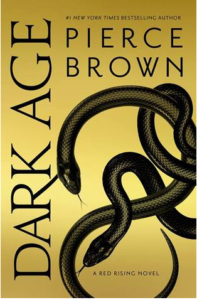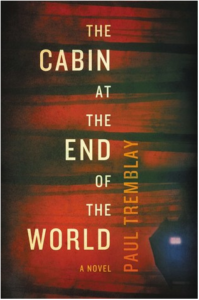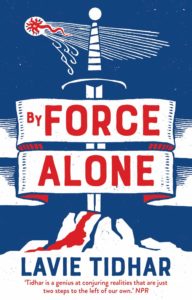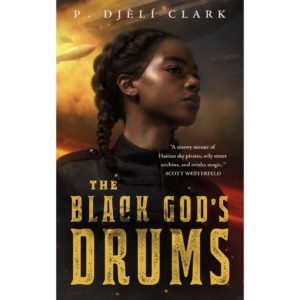Pekka Hämäläinen gets right to the point: “This book is about an American empire that, according to conventional histories, did not exist. It tells the familiar tale of expansion, resistance, conquest, and loss, but with a reversal of the usual historical roles: it is a story in which Indians expand, dictate, and prosper, and European colonists resist, retreat, and struggle to survive.” (p. 1) Over the following 360 pages, Hämäläinen, who is Finnish and now teaches at Oxford after several years in the US, details how the Comanches changed from “a small tribe of hunter-gatherers living in the rugged canyonlands on the far northern frontier of the Spanish kingdom of New Mexico” to a complex polity that held northern New Mexico in thrall, farmed Texas for horses and captives, raided central Mexico to within 150 miles of the capital, displaced the Apaches, shaped relations among their northern neighbors such as the Cheyenne and the Pawnee, and traded on their eastern frontier with the French, Osage, Wichita, Americans, and others. By the early nineteenth century, the Comanche dominated the southern plains in an area stretching east-west roughly from Santa Fe to the Sabine River and north-south from San Antonio to the Arkansas River. Hämäläinen draws not only on written sources from across this realm but also on archeological evidence, with careful attention to environmental history and what its scholars have shown about the interplay among climate, horses and buffalo.
Hämäläinen sums up their rise:
They were newcomers to the region, having fled the political unrest and internal disputes in their old homelands on the central Great Plains, and they were struggling to rebuild their lives in a foreign land whose absorption into the Spanish world seemed imminent. It was here, at the advancing edge of the world’s largest empire, that the Comanches launched an explosive expansion. They purchased and plundered horses from New Mexico, reinvented themselves as mounted fighters, and reenvisioned their place in the world. They forced their way onto the southern plains, shoved aside the Apaches and other residing nations, and over the course of three generations carved out a vast territory that was larger than the entire European-controlled area north of the Río Grande at the time. They became ‘Lords of the South Plains,’ ferocious horse-riding warriors who forestalled Euro-American intrusions into the American Southwest well into the late nineteenth century. (p. 1)
Further:
“For a century, roughly from 1750 to 1850, the Comanches were the dominant people in the Southwest, and they manipulated and exploited the colonial outposts in New Mexico, Texas, Louisiana, and northern Mexico to increase their safety, prosperity, and power. They extracted resources and labor from their Euro-American and Indian neighbors through thievery and tribute and incorporated foreign ethnicities into their ranks as adopted kinspeople, slaves, workers, dependents, and vassals. The Comanche empire was powered by violence, but, like most viable empires, it was first and foremost an economic construction. At its core was an extensive commercial network that allowed Comanches to control nearby border markets and long-distance trade, swing surrounding groups into their political orbit, and spread their language and culture across the midcontinent. And as always, long-term foreign political dominance rested on dynamic internal development. To cope with the opportunities and challenges of their rapid expansion, Comanches created a centralized multilevel political system, a flourishing market economy, and a graded social organization that was flexible enough to sustain and survive the burdens of their external ambitions.” (p. 2)










